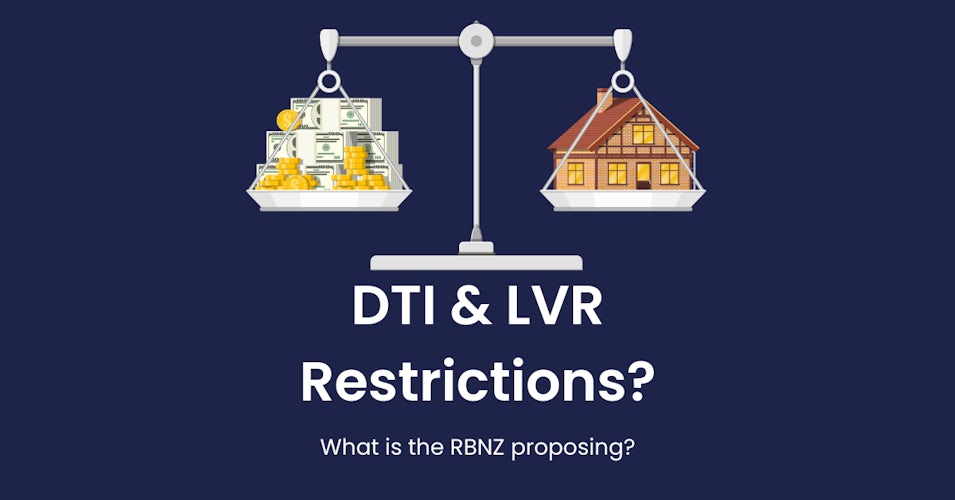Changes seem to be on the horizon for New Zealand's mortgage lending scene, as the Reserve Bank (RBNZ) gears up to roll out some adjustments to lending rules later this year. The goal? To keep things stable and secure by putting the brakes on perceived risky lending practices.
One major tweak involves setting Debt-to-Income (DTI) limits. If you're looking to buy a home, the proposal suggests your mortgage shouldn't be more than 20% of your income if it's over six times your yearly earnings. Investors face a similar cap at seven times their incomes. This is all about making sure folks don't take on too much debt compared to what they're bringing in, reducing the chances of financial trouble for households.
Alongside this, the RBNZ is considering shaking things up with Loan-to-Value Ratio (LVR) restrictions. They're thinking about making it easier for investors by lowering the deposit requirement to 30%. And if you're a homebuyer with less than a 20% down payment, they might let you borrow a bit more, increasing the cap from 15% to 20%.
Why the urgency? The RBNZ is being proactive, expecting a potential housing market boom. By setting DTI restrictions now, they hope to avoid a surge in high-debt lending during the next upswing.
They want your say too—public input is open until March 12. It's your chance to shape the rules that'll affect the housing market and financial stability.

